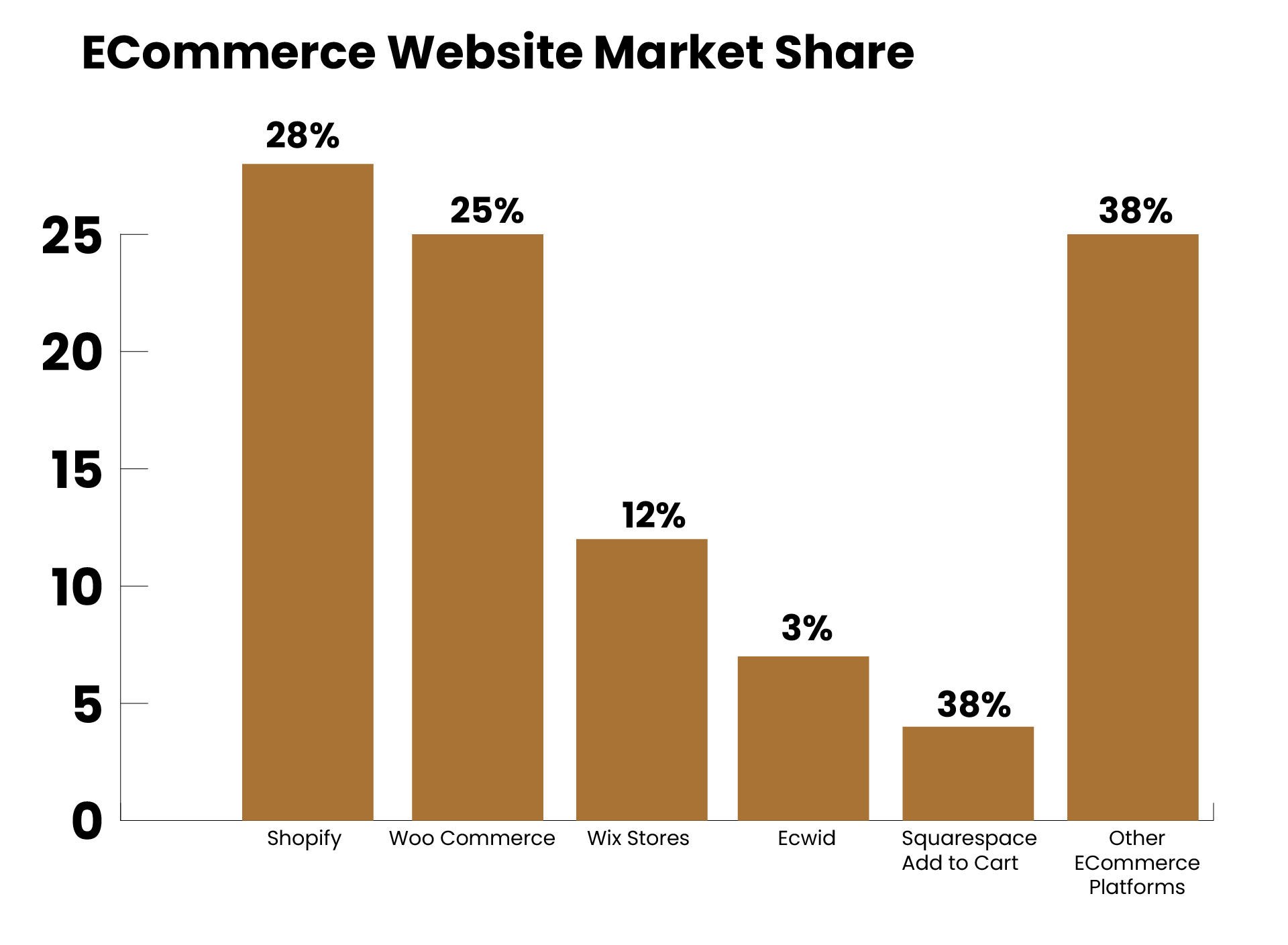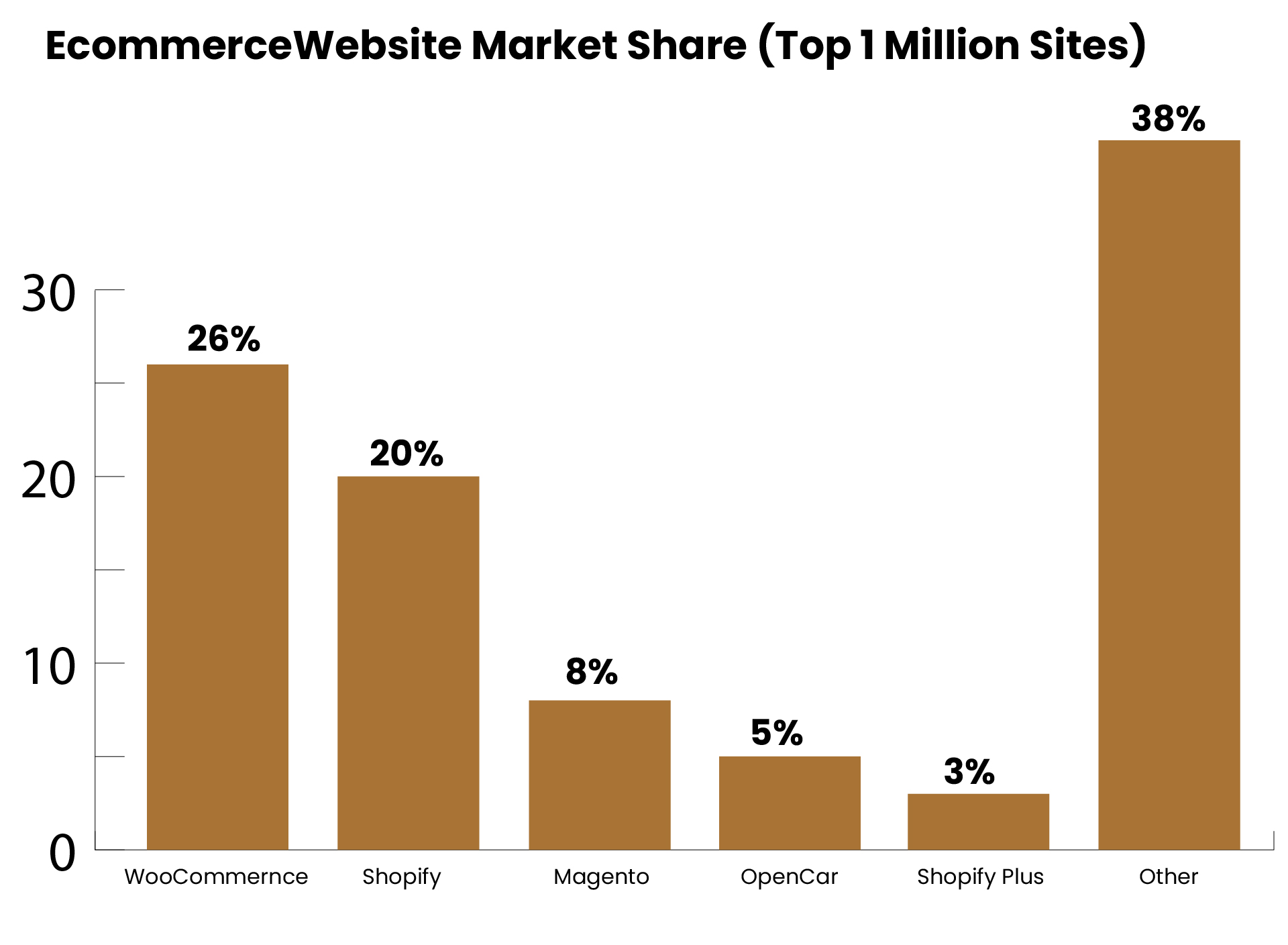When making a choice between Woo-Commerce or Shopify, following are some things you should know.
Design and Customization
Shopify offers an impressive collection of professional and visually appealing themes that cater to various industries. While customization options are available, they may be limited compared to WooCommerce. Shopify’s themes are generally designed with mobile responsiveness in mind, ensuring that your store looks great on any device. If you desire a unique design, Shopify does offer the ability to hire a professional designer or utilize their powerful Liquid templating language.
WooCommerce, being part of WordPress, boasts an extensive library of themes and plugins. The flexibility provided by WooCommerce allows users to customize every aspect of their online store, from the homepage to individual product pages. With access to thousands of WordPress themes and plugins, you can create a truly personalized shopping experience for your customers.
Recommended Read: The Art of Crafting Beautiful and Responsive Web Design
Scalability and Performance
Shopify’s fully hosted infrastructure ensures high performance and scalability. It can handle large amounts of traffic and transactions without compromising speed and reliability. Shopify takes care of all the technical aspects, ensuring that your store is always up and running smoothly. Additionally, Shopify offers various plans that cater to businesses of all sizes, allowing you to upgrade as your store grows.
WooCommerce’s scalability is directly tied to your hosting infrastructure. With the right hosting provider, you can achieve excellent performance even with high traffic volumes. However, managing your hosting environment requires technical knowledge and ongoing maintenance. This level of control can be beneficial for experienced users but might pose challenges for beginners.
E-Commerce Features
Both Shopify and WooCommerce offer a wide range of e-commerce features to help you run a successful online store. Shopify provides built-in functionalities for managing inventory, processing payments, and tracking sales. It also offers a variety of add-ons and apps through its app store, allowing you to enhance your store’s functionality with ease.
WooCommerce, as a WordPress plugin, offers countless extensions and plugins to extend the core functionality of your online store. Whether you need advanced shipping options, subscription management, or integration with third-party tools, WooCommerce’s extensive ecosystem has you covered. This flexibility enables you to tailor your store to your unique requirements.
Payment Gateways and Transaction Fees
Shopify supports a wide range of payment gateways, including its proprietary system called Shopify Payments. While Shopify Payments integrates seamlessly with the platform, it does come with transaction fees that are on top of the fees charged by the payment gateway you choose. However, if you use a third-party payment gateway, Shopify will charge additional transaction fees.
WooCommerce, being a self-hosted solution, allows you to choose from a variety of payment gateways without any transaction fees imposed by the platform itself. This gives you more control over the costs associated with processing payments. However, it’s important to note that the payment gateway you choose may have its own fees.
SEO and Marketing
Both Shopify and WooCommerce offer robust SEO capabilities to optimize your store for search engines. Shopify provides built-in SEO features, including customizable meta tags, URL structures, and automatic sitemaps. It also integrates well with popular marketing tools, allowing you to implement marketing strategies effectively.
WooCommerce, as part of WordPress, benefits from the vast array of SEO plugins available. You have more control over optimizing your store for search engines, including the ability to create custom landing pages and implement advanced SEO techniques. With access to powerful WordPress plugins, you can implement various marketing strategies and leverage the vast WordPress community for guidance.
Support and Community
Shopify boasts excellent customer support, offering 24/7 assistance via phone, live chat, and email. The platform provides extensive documentation, video tutorials, and an active user forum where you can seek help and guidance. Shopify’s dedicated support team ensures that any issues or questions you encounter are addressed promptly.
WooCommerce, being open-source, relies on community support. While there is an official support team available, the primary source of assistance comes from forums, documentation, and the broader WordPress community. With a large user base and active developer community, finding solutions to common issues is usually straightforward. However, it may require more self-reliance and technical knowledge.
Pricing
Shopify offers a range of pricing plans to suit different business sizes and needs. The plans include hosting, security, and technical support. The basic plan starts at a monthly fee, while higher-tier plans provide additional features and lower transaction fees. It’s important to factor in the costs of third-party apps and add-ons if you require additional functionalities.
WooCommerce, as an open-source plugin, is free to use. However, you will incur costs for domain registration, hosting, and SSL certificates. Additionally, if you opt for premium themes or plugins, they may come with one-time or recurring fees. It’s essential to consider these expenses when comparing the overall costs of running a WooCommerce-powered store.













